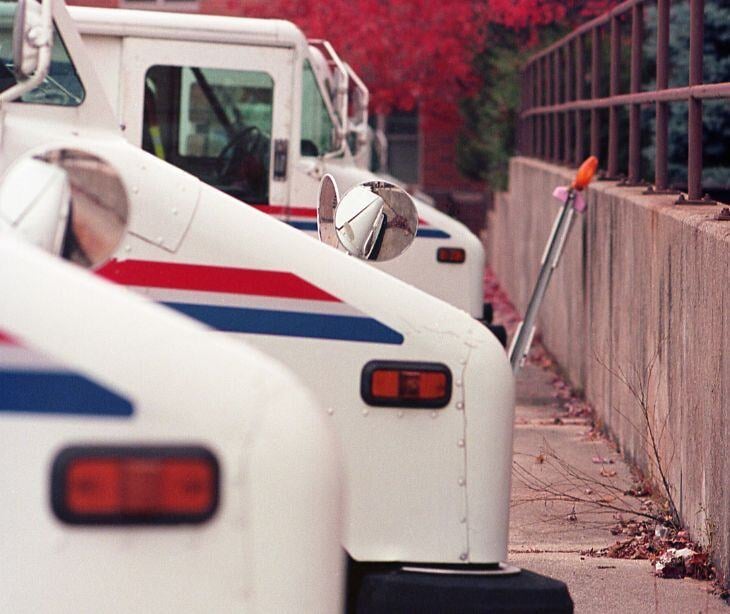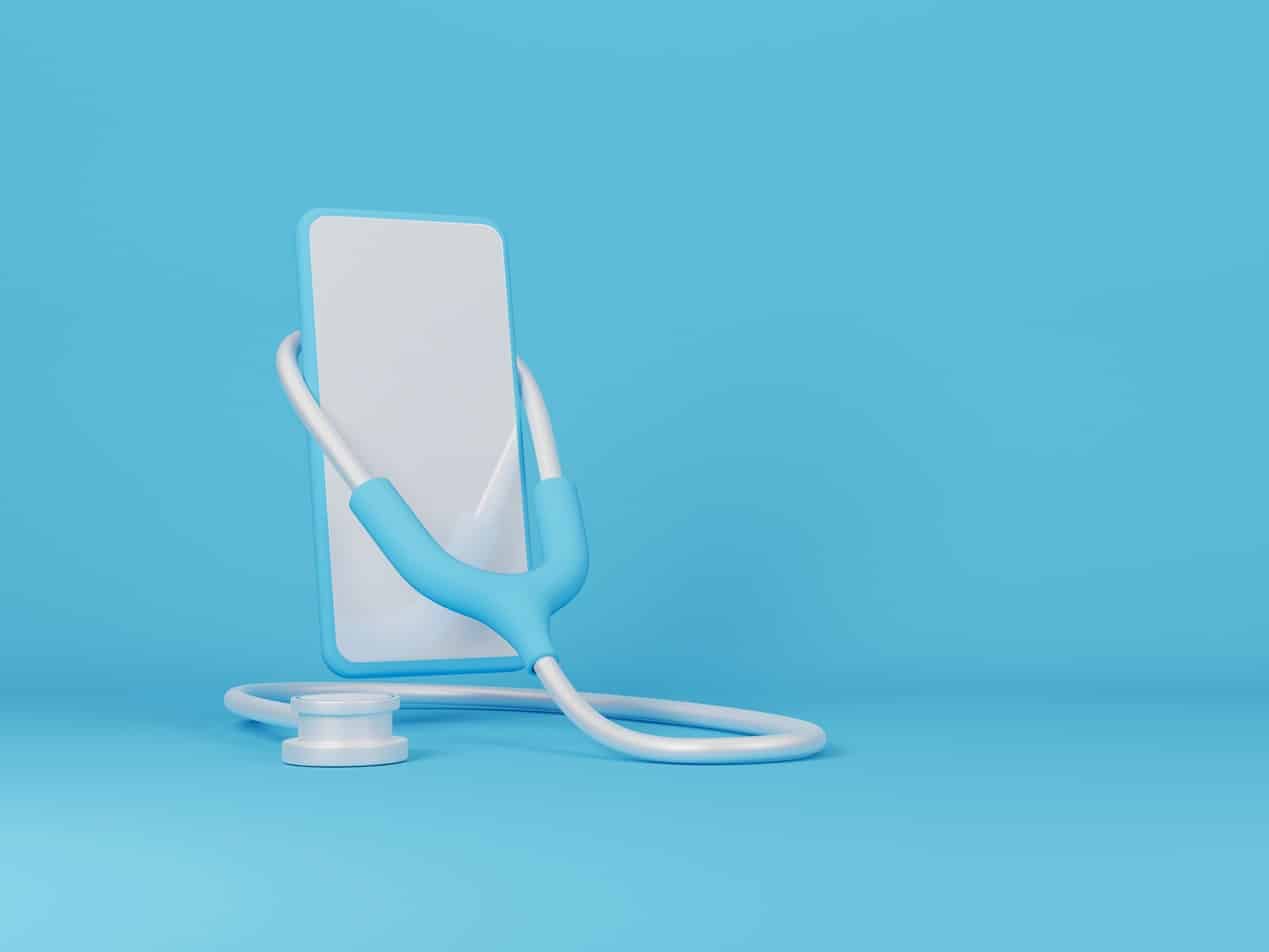%20-%202024-10-28T184623.200.jpg)
Delivery truck lines help transport goods or documents. They are not considered business associates under HIPAA, as they typically do not handle or access protected health information. Their role is often limited to transportation, and as long as they do not interact with PHI, they are exempt from HIPAA regulations.
Do delivery truck lines handle PHI?
Delivery truck lines, as transportation or logistics service providers, are generally not considered business associates under HIPAA. Their typical role does not involve handling or accessing PHI. Instead, the HHS considers them as conduit entities and only “transports information but does not access it other than on a random or infrequent basis as necessary for the performance of the transportation service or as required by law. Since no disclosure is intended by the covered entity, and the probability of exposure of any particular protected health information to a conduit is very small, a conduit is not a business associate of the covered entity.”
Therefore, “the Privacy Rule does not require a covered entity to enter into business associate contracts with organizations.”
Example
If a delivery truck line transports medical equipment to a hospital or clinic, it does not handle or process PHI, so HIPAA regulations would not apply. Similarly, transporting vaccines, medications, or other healthcare products does not involve accessing patient records, exempting the delivery service from HIPAA's business associate requirements. However, in rare cases where a delivery service might transport physical documents containing PHI, like medical charts or X-rays, there could be an indirect handling of PHI. Even in these cases, as long as the delivery service does not access or disclose this information, it is generally still classified as a conduit under HIPAA, not a business associate.
Related: Safely transmitting PHI
Best practices
To avoid potential HIPAA violations, covered entities should evaluate their delivery service providers' roles and whether those roles require access to PHI. If a delivery company handles sensitive materials, healthcare providers must conduct due diligence, ensure proper safeguards are in place, and, if necessary, have a signed BAA.
For delivery companies themselves, it’s important to understand the scope of HIPAA and assess whether any of their operations fall within the definition of handling PHI. In most cases, simple transport of goods and documents won’t require HIPAA compliance, but handling patient information directly may trigger additional responsibilities.
Read also: Business associate agreement provisions
Paubox as an alternative means
In addition to securing the physical transportation of PHI, delivery truck lines and healthcare organizations can explore Paubox as an alternative, more secure digital solution for handling sensitive information. Paubox offers HIPAA compliant email and texting solutions that allow healthcare providers to transmit PHI electronically, reducing the need for physical transport. With Paubox Texting, healthcare organizations can send secure, encrypted text messages containing PHI directly to patients or business associates, ensuring confidentiality and compliance with HIPAA regulations. Similarly, Paubox Email Suite enables secure communication without requiring recipients to log into a portal, offering a seamless, user-friendly experience. By leveraging these digital tools, organizations can protect PHI both in transit and at rest, minimizing the risks associated with physical delivery, such as document loss or unauthorized access.
See also:
FAQs
What is PHI?
Protected health information (PHI) is any individually identifiable health information that is created, received, stored, or transmitted by healthcare providers, health plans, or business associates. It includes data such as names, addresses, birthdates, medical records, test results, insurance information, and any other information that could be used to identify an individual and relate to their health status, healthcare services, or payment for healthcare. PHI is protected under the Health Insurance Portability and Accountability Act (HIPAA) to ensure patient privacy and confidentiality.
If a delivery service only transports documents containing PHI but does not access the information, is it still a business associate?
No, as long as the delivery service only physically transports the materials and does not access, use, or disclose the PHI, it is not considered a business associate under HIPAA.




%20-%202024-10-11T130901.395.jpg)